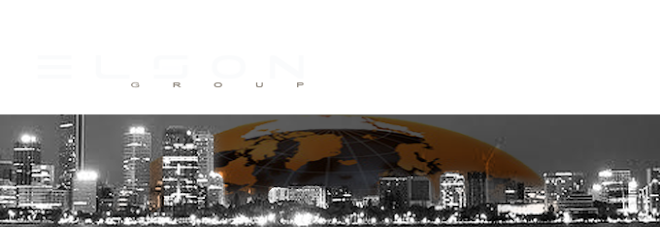When I was a young man in my teenage years, I can recall a conversation I had with a gentlemen concerning imagination. He dogmatically argued with my brother and I that imagination was an evil thing, a product of Satan. If his assertion is correct, then I think he aided me sinning because I found myself trying to imagine this piece of knowledge - that imagination is evil. I can remember thinking that this cannot be possible, because it took imagination to help wrap my mind around some of the more abstract or esoteric pieces of information that we find in reality. Of course, this view is extreme and derives more from his lack of knowledge than his imagination. There is plenty of indictment and finger-pointing toward recent histories suppression of the authenticity of human aesthetics; because of this, aesthetics like imagination are now being promoted as "more important than knowledge". I want to test this way of thinking/imagining and provide various pushback regarding some of the writing and emphasis toward imagination. Some thinkers are challenging the traditional perception of the anthropology of humanity. These thinkers characterize humans as primarily existential beings best retrieving knowledge through aesthetic means whereas traditionally humans are seen as primarily cognitive beings retrieving knowledge through rational means. Lets for arguments sake, assume that imagination is more important than knowledge and that imagination is a determining factor to understanding reality, could I not be justified then by saying that I imagine knowledge as more important than knowledge and because I was able to imagine it, it is so? This statement about imagination is a self-refuting statement – it cancels out its own proposition. Looking at the statement "imagination is more important than knowledge" still leaves the question more important to what? It cannot be knowledge itself as the existence of the imagination presupposes the existence of knowledge, so without knowledge, imagination is non existence. Secondly the statement is incorrectly worded; it should say "imagination is more important than reason". Because imagination presupposing the existence of knowledge, it follows that imagination yields to knowledge as a way of existing and having purpose. Imagination and reasoning are both cognitive processes to knowledge. Generally the context that comes with this statement is that imagination is more important to the discovery or learning of reality than is reason, we will continue to see if this is the case. Opposite of Narrow… Imagination? Imagination is seen as widening the mind or to see into reality with a greater depth of understanding. The inference here is that there is real freedom; freedom to the thinker, freedom to understand reality and freedom to advancement. The freedom here is an unleashing of the imagination, reason holds back and is narrow-minded therefore imagination becomes the more valued cognitive faculty because of its ability to see (in every sense of the word see) or determine reality. But I would like to challenge this sense of freedom; if imagination is the guide to determining reality then whatever one can imagine becomes a justified true belief to reality. If imagination determines belief found in reality, reason as a cognitive faculty does not exist. However this type of imagination is relative, it promotes that two people could imagine complete opposite contradictory beliefs and both accepted as reasonable beliefs. This of course is illogical and therefore does not reflect reality. Nothing is free to determine whatever it wants, everything in reality is in relation to one other, it is for this reason imagination is part of our cognitive faculties, and it has the ability, within reason, to help conceptualize or see reality. Introspection Imagination is a kind of introspective process of the mind, applying its creative, conceptual, visionary and mystical skills to information of the particular thinker. If we posit that imagination is more important than knowledge then my introspection can dictate my view of reality. I determine individually, what constitutes reality and its cosmic parameters through the process of my imagination. Whatever I can imagine is true and valid. Apart from taking on a conceited role now of divinity, however this posits a non-static reality in which to determine any truth. If there is not a static reality to determine truth, than anarchy will be the natural order of reality. This also then promotes anti-intellectualism as confusion and fantasy are the permitted authors of reality narrated by the individual imagination. Postmodernism is definitely the culprit behind today's push to see imagination become the new authority of belief and standard for determining reality. With a complete mistrust for reason, knowledge, objective truth, logic and certainty; postmodern turns to existentialism and accepts its values of imagination, experience, emotions and feelings to reveal a correct understanding of reality. "Imagination is more important than knowledge", really places a false dichotomy between reason and imagination. Truth hones knowledge. Reason and imagination work simultaneously within the rationalizing cognitive process of this valid knowledge allowing our thinking to be valid, meaningful and all encompassing. Knowledge - justified true belief - gives liberty to the imagination to then conceptualize and envision this knowledge in our given reality. Because knowledge exists imagination has something to apply its creativity to. Einstein was wrong about imagination being more important than knowledge. "imagination is not more important than knowledge, it compliments knowledge"
Saturday, March 19, 2011
Imagination… more Important than Knowledge?
Posted by
Mark R. Elson / Founder
at
6:24:00 PM
0
comments
![]()
Subscribe to:
Posts (Atom)



